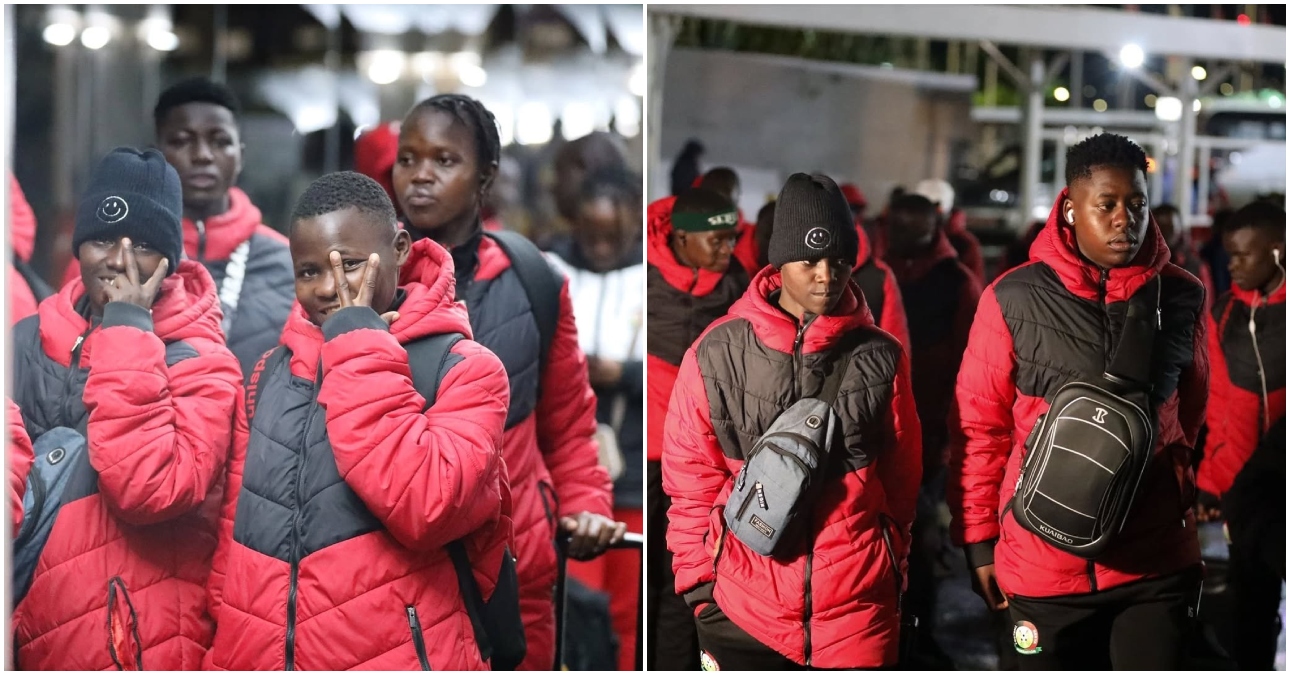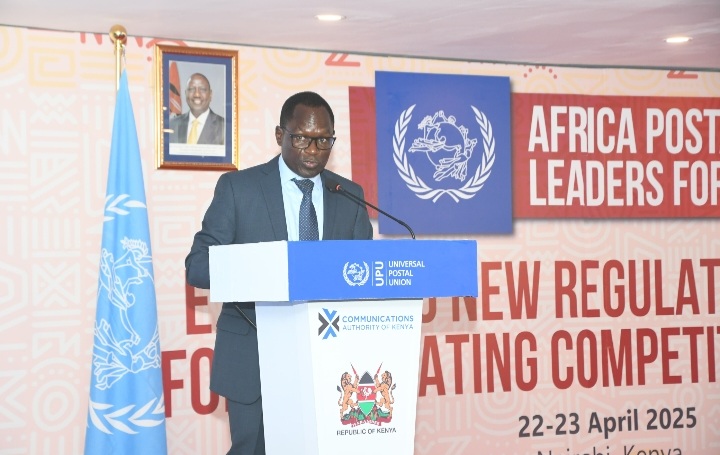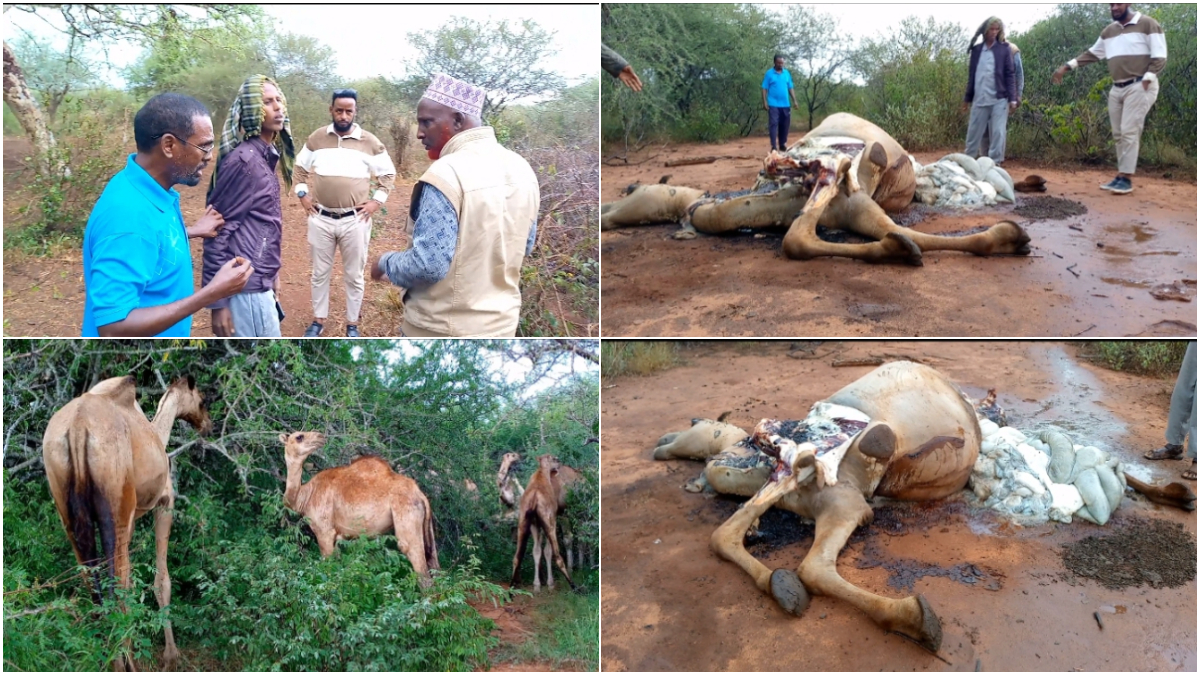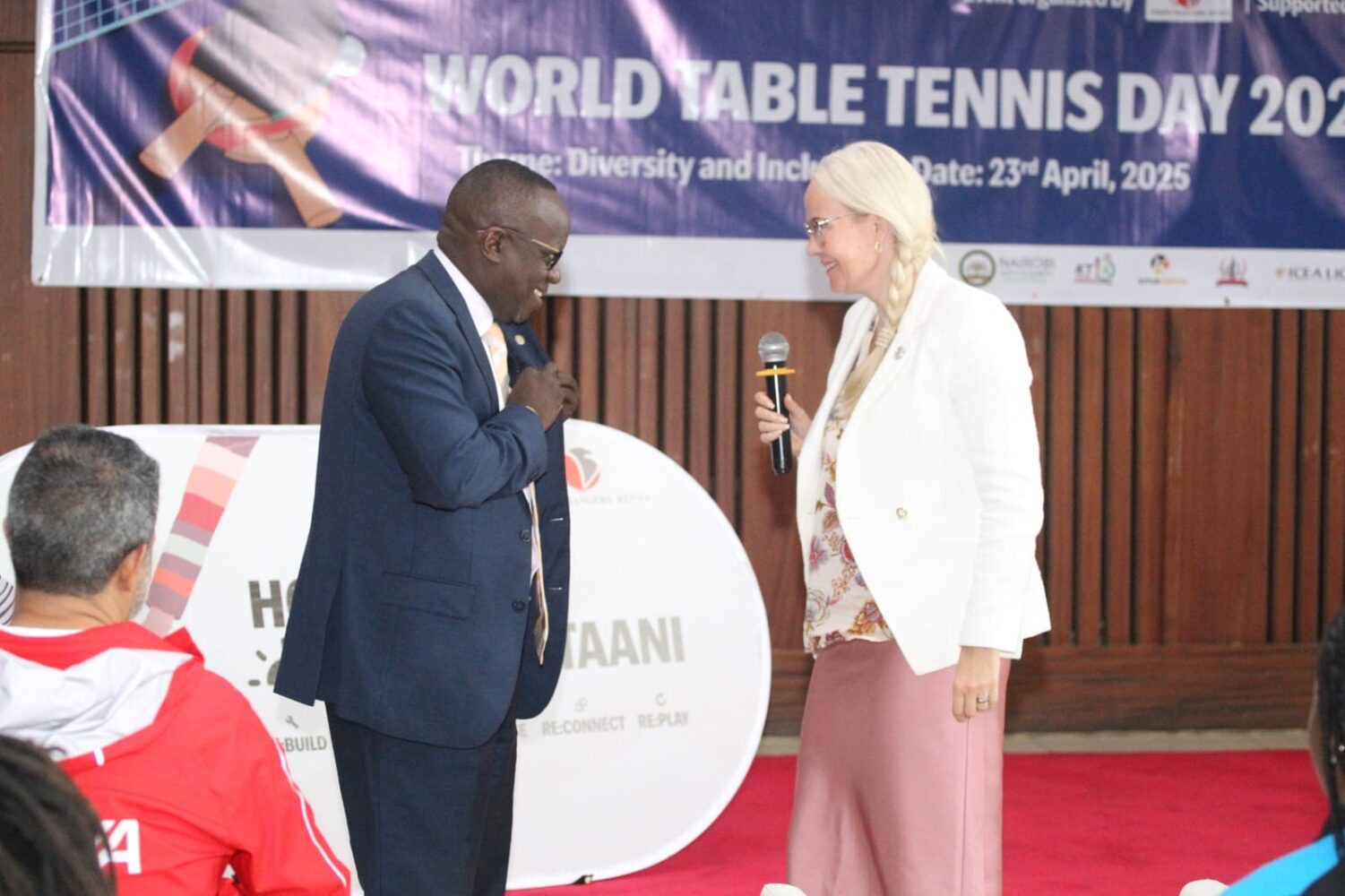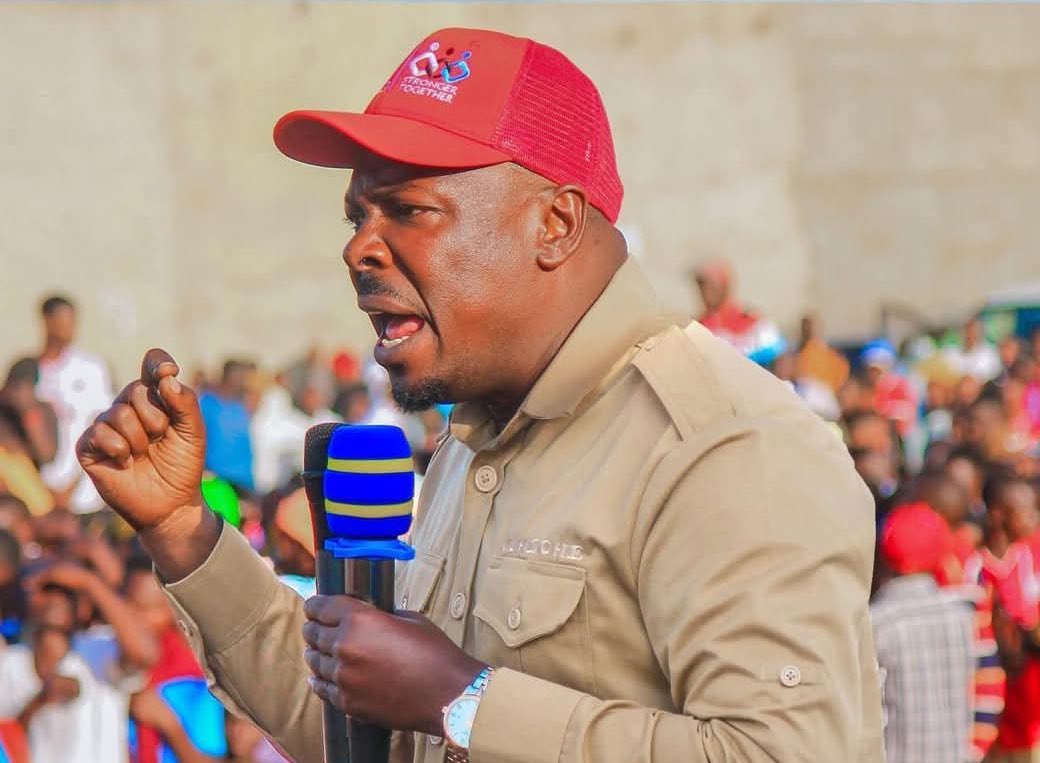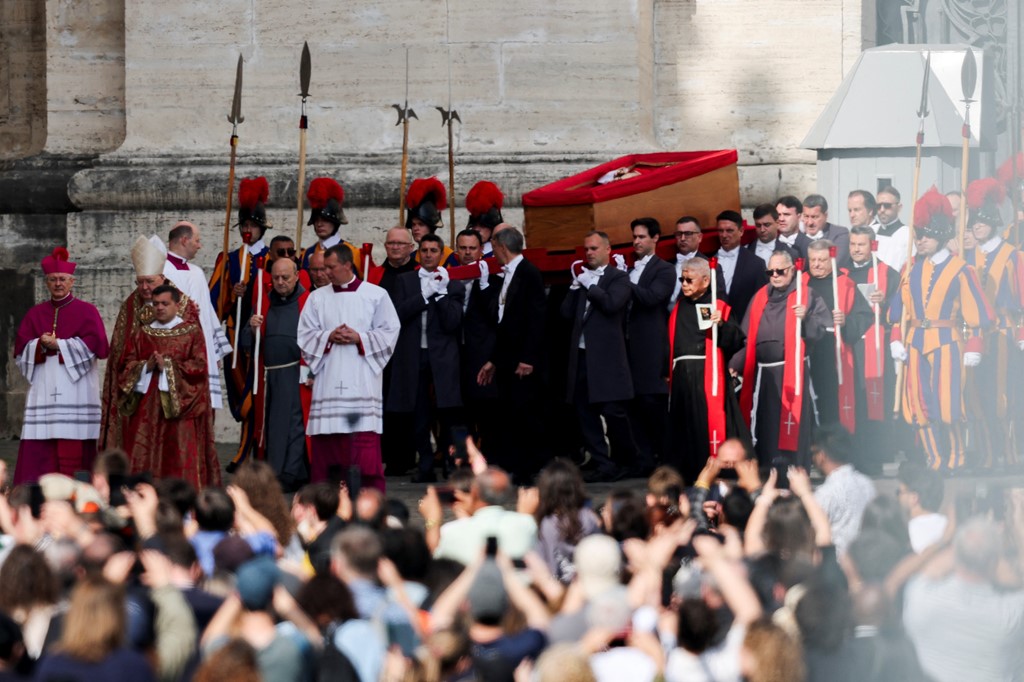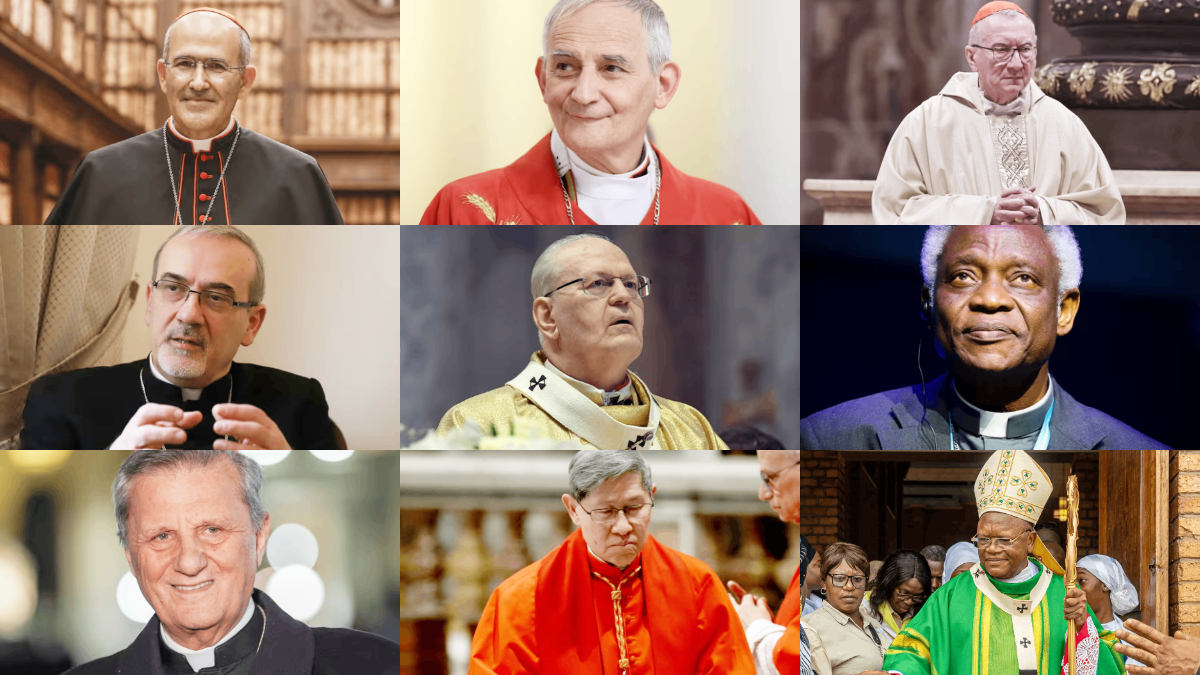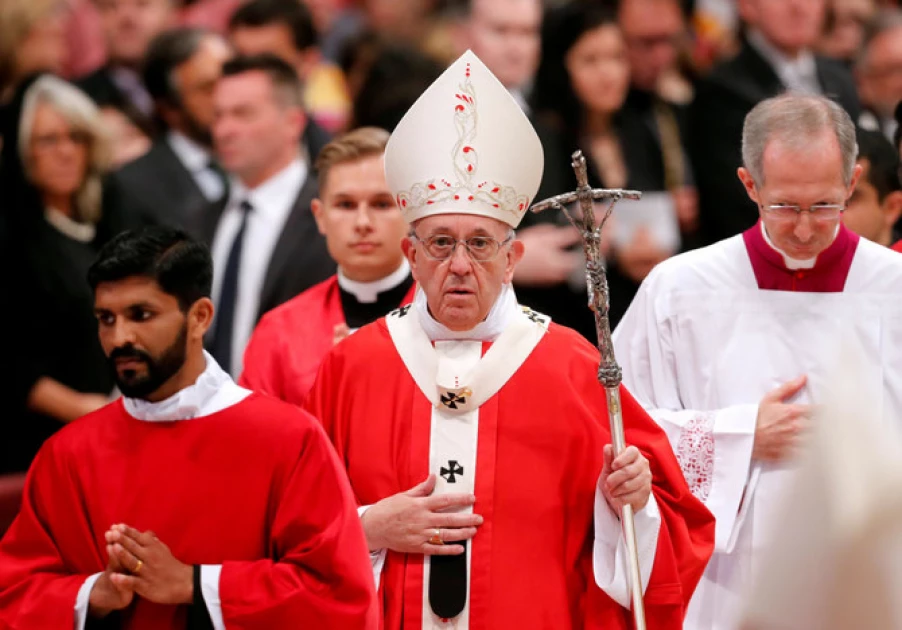CNN-based Journalist Larry Madowo has unveiled a thought-provoking documentary titled ‘Free Money.’
Coincidentally, Just like the title the documentary is based on giving poor Kenyans free money and observing how it changes their lives
Admittedly, Part one of the three-part series will be available for streaming on Netflix soon. This controversial documentary, had Kenyan-born journalist, Madowo intimately involved with for the past five years.
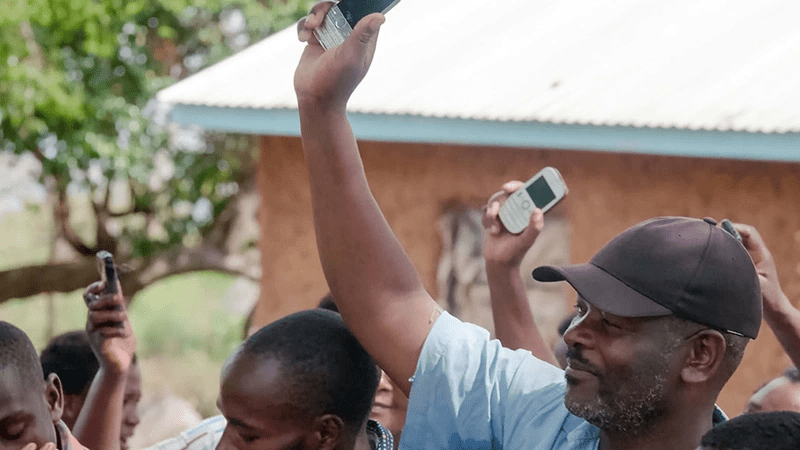
Madowo has given a critical eye on the dynamics introduced by ‘Free Money’ leaving viewers to judge for themselves.
-Universal Basic Income-
In contrast, the morally riveting documentary plunges viewers into the complexities of an audacious social experiment.
‘Free Money’ takes viewers on an immersive journey deep into the heart of Nyanza, Kenya.
In this selected group study, the US nonprofit organisation ‘GiveDirectly’ issues money to a selected group to combat poverty. Universal Basic Income (UBI)
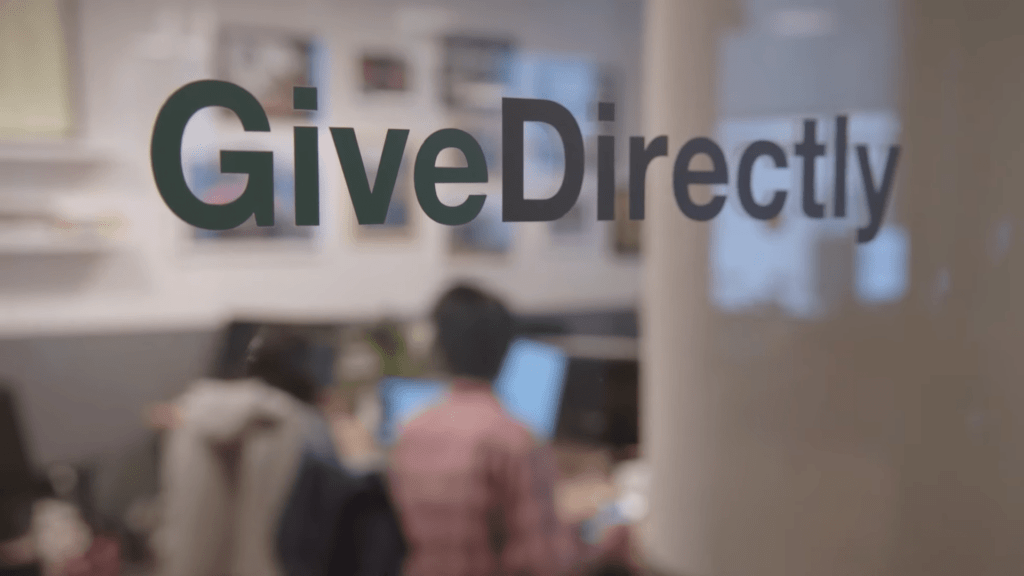
In addition, the money is transferred via mobile money wallet over a period of five years. There are no strings attached.
The dynamics introduce an idea that resonates throughout the documentary as one that demands contemplation.
-The Moral question-
“Is it ethical for an American NGO to conduct a cash experiment on impoverished Africans?”
Journalist Madowo joined the project midway through its production and shared the exciting news on his social media platforms.
He challenged viewers to explore the profound implications of this intriguing experiment.
“Our documentary ‘Free Money,’ filmed over 5 years, is now on Netflix Africa! See what happens when everyone in a Kenyan village receives free cash every month,” Madowo urged, inviting audiences to delve into this captivating narrative.
Undoubtedly, the documentary was skillfully helmed by Lauren DeFilippo and Sam Soko.
Westerners experimenting on poor Kenyans peaked DeFilippo’s concerns from the start. She picked the challenge to ensure the dynamic of such an experiment is not sidelined.
-How much money was shared-
The heart of the ‘Free Money’ experiment beats with the concept of universal basic income (UBI).
Consequently, registered beneficiaries in Kogutu village in Nyanza Kenya receive a monthly infusion of $22 (approximately Sh3,198).
In addition, the money is sent directly into their mobile money wallets. Kogutu village was carefully chosen as the epicentre of this groundbreaking initiative.
However, the experiment has been generously funded by Silicon Valley stakeholders.
Nevertheless, the objective of this ambitious endeavour is to ascertain whether a consistent cash flow can be used to tackle poverty in a society.
Equally, the documentary ‘Free Money’ intricately delves into the dynamics of the experiment.
-Effect on the society-
From the trailer and preview, the social experiment offsets the balance of the community.
From what is observable, the free money reshapes the small village question dynamics such as faith, patriarchy and the role of men as heads of the family.
Similarly, the cash transfer seems to solve one problem only to create a new range of moral questions that would also require solutions.
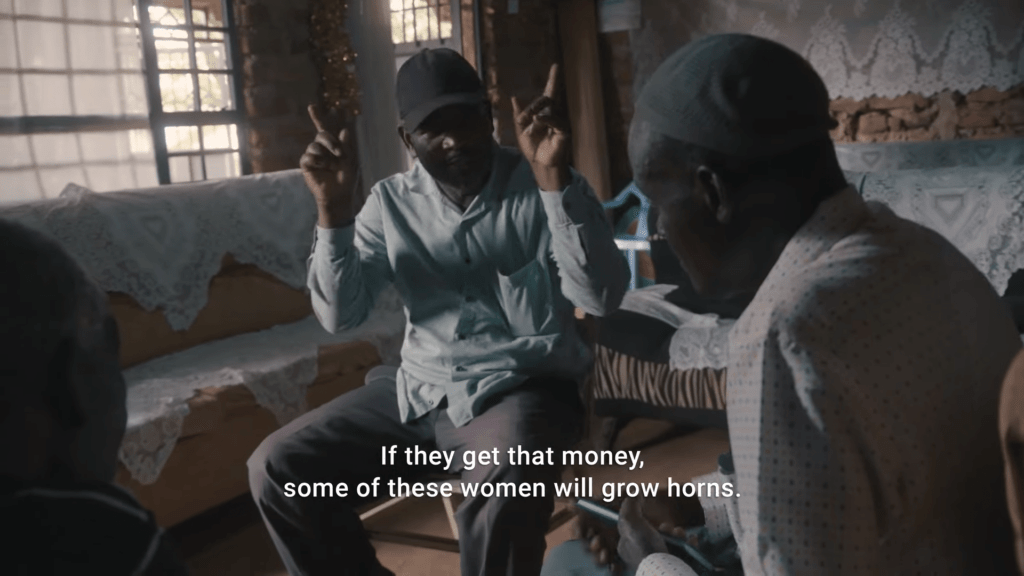
In addition, as ‘Free Money’ goes live for streaming on Netflix in October, it beckons us to question the ethics, economics, and human dynamics surrounding such audacious social experiments.
Presently, can cash truly be a catalyst for change, or does it merely scratch the surface of deeper systemic issues?


